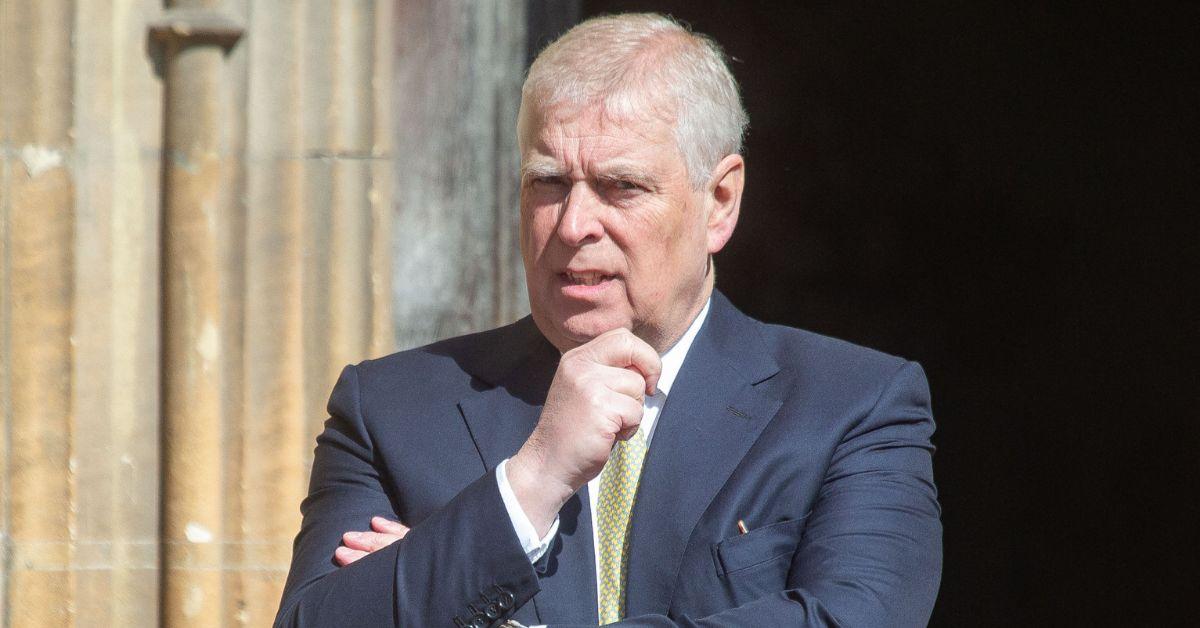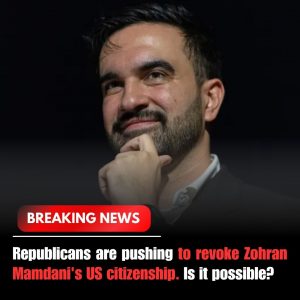The man once known as Prince Andrew — now legally and formally stripped of every royal honor that once shielded him — is reportedly preparing for one of the most desperate moves of his life. According to insiders who spoke exclusively to RadarOnline.com, the disgraced former Duke of York is drawing up plans to sell off millions’ worth of personal royal heirlooms as he braces for a future in quiet exile. The shocking development marks the latest and most dramatic chapter in Andrew Windsor’s fall from grace, following Buckingham Palace’s historic announcement revoking his titles, privileges, and public identity as a senior royal.
The palace’s statement, delivered with cold precision, emphasized King Charles’s unwavering sympathies for “the victims and survivors of any and all forms of abuse.” It was a line many viewed as a final, unmistakable signal: Andrew’s time as a protected royal was over for good.
In the same sweeping reform, Andrew and his longtime companion, ex-wife Sarah Ferguson, were removed from Royal Lodge — their sprawling home of twenty-two years. Despite paying no rent during their stay, the couple was ordered to vacate the estate due to the explosive fallout from Andrew’s links to convicted sex offender Jeffrey Epstein. For the first time in decades, Andrew found himself facing the question of how to financially support a life no longer funded by the Crown.

Now relocated to a much smaller, private residence on the Sandringham Estate, Andrew is said to be grappling with a grim reality: he must fend for himself. With no official role, no royal income, and no clear path forward, he has begun exploring what sources describe as “deeply embarrassing but increasingly unavoidable” options.
One insider familiar with Andrew’s private discussions revealed: “He knows his finances are collapsing. He’s talking about selling anything he believes he can legally claim — letters, jewelry, personal photos, historical mementos. He’s convinced these items could bring in millions. It’s controversial, but he’s running out of alternatives.”
Another source echoed the sentiment, explaining that Andrew is fully aware of the market for exclusive royal artifacts. “There are collectors in the U.S. and the Middle East who would pay astronomical sums for items tied to major royal events or intimate family moments. That possibility is incredibly tempting to him.”

Among the items reportedly under consideration are handwritten letters from Queen Elizabeth and Prince Philip, private correspondence between Andrew and his siblings, rare photographs from his early childhood, and personal tokens exchanged at key royal ceremonies. Selling such deeply personal artifacts would be viewed as a breathtaking breach of royal tradition — an act bordering on betrayal — yet insiders say Andrew is treating the idea as a “backup plan” in case his finances deteriorate further.
His inner circle claims Andrew is clinging to the hope that King Charles might eventually grant him a severance payment, a final cushion to maintain a semblance of the luxury he once took for granted. But with the monarchy already under intense scrutiny, such generosity seems increasingly unlikely.
A palace aide stated: “Andrew is keeping his head down, following every instruction to disappear from public life. But privately, he’s desperate. The move to Sandringham is expensive. The house requires repairs. He knows he can’t fund the lifestyle he wants unless something changes — fast.”
Behind closed doors, Andrew has reportedly begun sorting through decades of possessions. According to one source: “He’s dividing everything into three groups: what he’ll take with him, what must remain royal property, and what might eventually be sold. He’s treating it like a lifeline if everything else collapses.”
For a man born into unimaginable privilege, the act of preparing to sell personal relics of royal history marks a stunning fall. And as whispers grow louder about the value — and potential scandal — contained within those private heirlooms, all eyes are now on Andrew Windsor, the former prince facing a future defined not by duty, but by survival.





